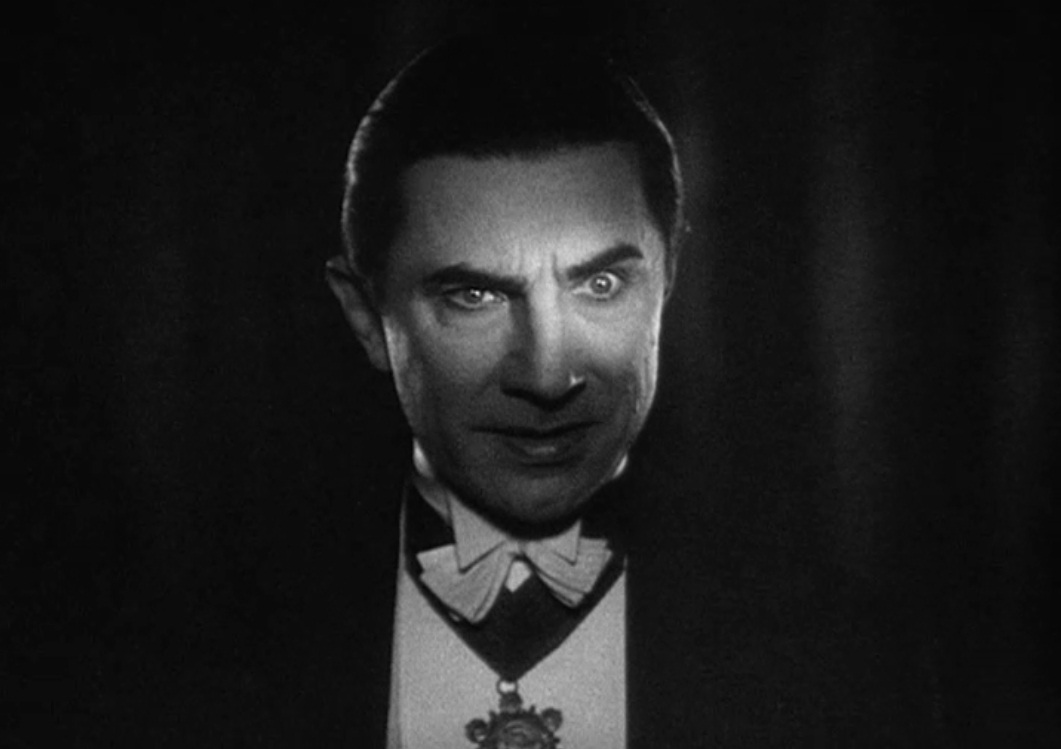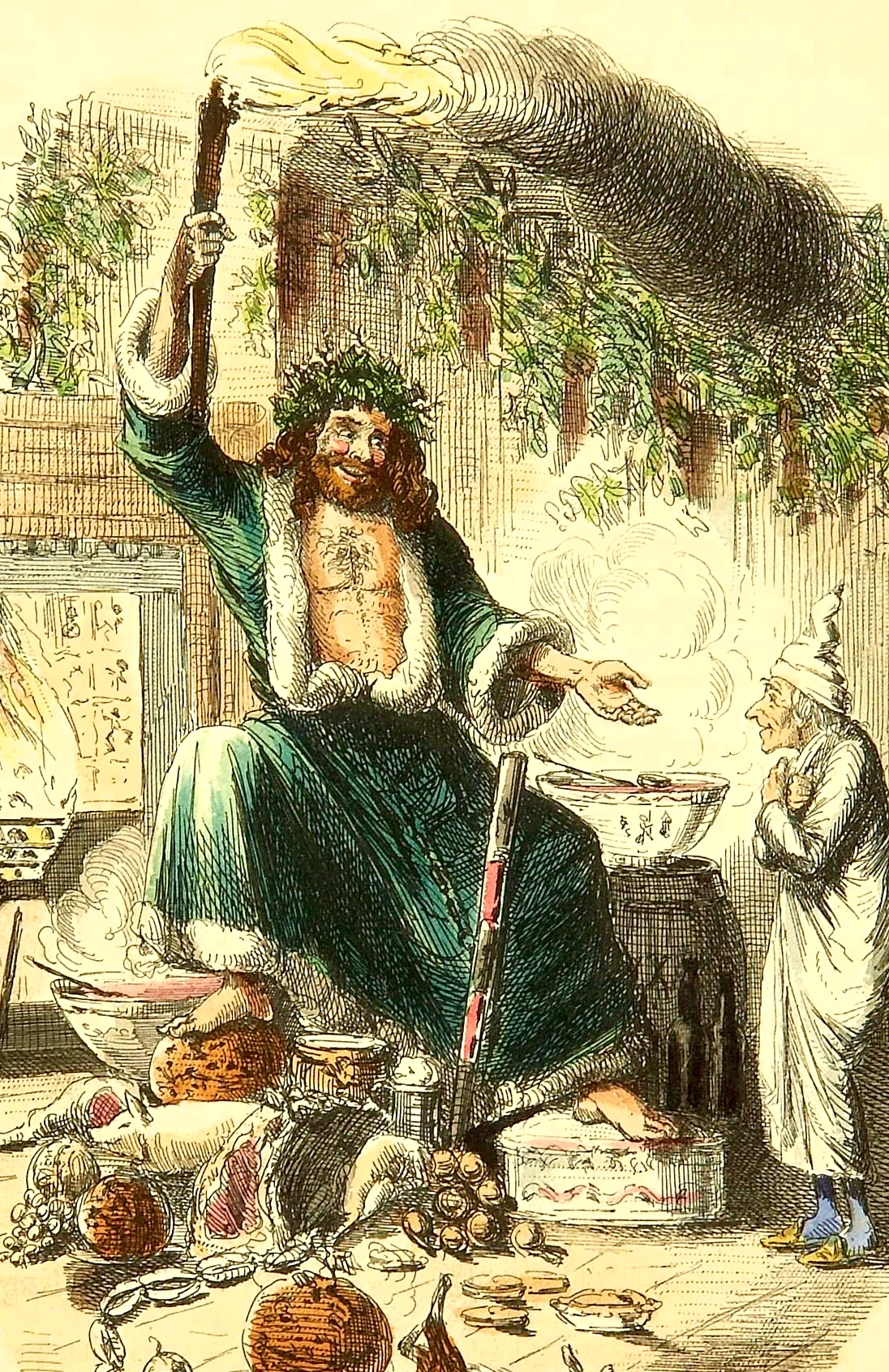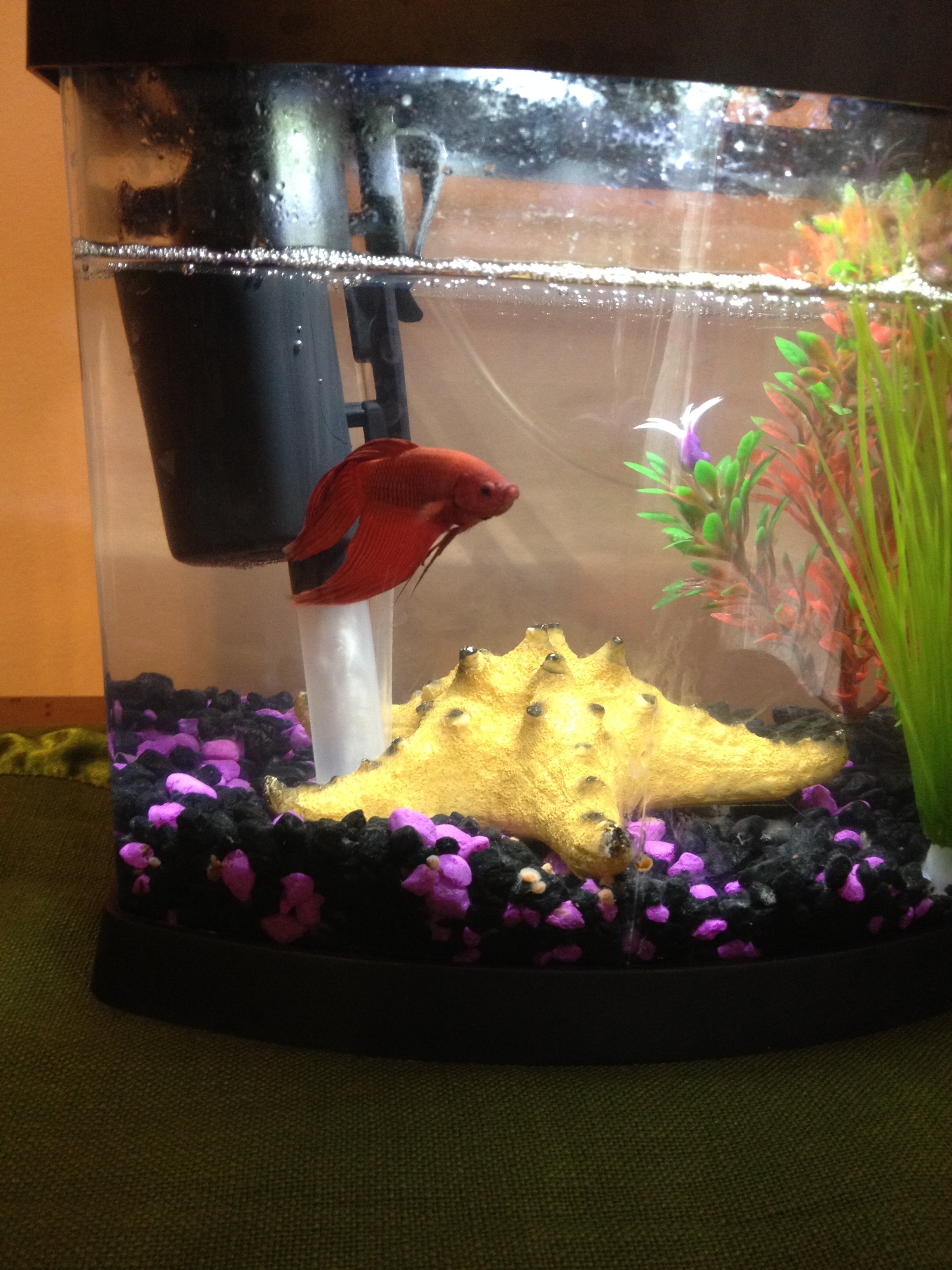The Warble
The Official Blog of Karen Ullo
Outrage is Not a Virtue

Every day, we in the twenty-first century turn on our TVs or open our internet newsfeeds, and we are bombarded by outrage. This group trampled on the rights of that group. This politician said and/ or did something genuinely despicable – again. A lot of innocent people got killed by some not-so-innocent people, and the governments of multiple nations that claim to be pro-human rights share the blame. The world is an ugly, no-good, messed-up, outrageous place, and it often seems the only logical way to respond to it is by being, well, outraged.
The culture of outrage has become so prevalent, it tries to shame all those who seek to be calm into submission. How can you look upon these atrocities and not share our anger? How can you hope to change anything if you don’t even care enough to get mad? And it’s true that anger can fuel action, especially in the political sphere. The sheer number of protests held on American soil since the inauguration of President Trump stands as concrete evidence of that.
But does rage ever actually bring about positive change? Science suggests that such a thing is both psychologically and physiologically impossible.
Excessive anger or fear can permanently disrupt many structures and functions in both your body and your brain. These destructive emotions interfere with memory storage and cognitive accuracy, which, in turn, will disrupt our ability to properly evaluate and respond to social situations. Anger makes people indiscriminately punitive, blameful, pessimistic, and unilaterally careless in their logic and reasoning skills. – Andrew Newberg, M.D., neuroscientific researcher at the University of Pennsylvania
No matter how horrifying the world around us may be, if we rely on anger or fear to fuel our reaction to it, the result will always, inevitably, be to ruin our own judgment. If you don’t believe me, go check your Facebook feed. The evidence is boundless.
When was the last time you stopped to consider how anger and fear have affected your own citizenship? Think backward a few months to last November. No matter which lever you pulled in the presidential election, did you do it because you feared what might befall the nation if the other person won? If so, you certainly wouldn’t be alone. “If you vote for him/ her, evil will befall you! Vote for me! I will save you!” Such fearmongering bombards us until we cannot help but listen. But the effect on the human psyche from prolonged exposure to fear has a name. We call it post-traumatic stress disorder. One of the symptoms of PTSD is to believe that the world is completely dangerous and no one (from the other side) can be trusted.
Sound familiar? It’s a message we have heard so often, for so long, from both major American political parties, that we have begun to act on it in the voting booth – even if we do not consciously believe it to be true.
So what are we to do in the face of outrage, if rage and fear will only fuel more rage and fear? What is it that ought to motivate us when we confront the evils of the world? Because certainly one thing our angry friends have right is that inaction and indifference will not help. Something has to propel us out of our self-absorption to engage with the problems of the world and seek solutions, but what?
This is the opening to Rev. Dr. Martin Luther King, Jr.’s “I have a dream” speech. Notice what emotions he seeks to trigger in his listeners.
I am happy to join with you today in what will go down in history as the greatest demonstration for freedom in the history of our nation. Five score years ago, a great American, in whose symbolic shadow we stand today, signed the Emancipation Proclamation. This momentous decree came as a great beacon light of hope to millions of Negro slaves who had been seared in the flames of withering injustice. It came as a joyous daybreak to end the long night of their captivity.
Happy. Light. Hope. Joyous. Such words call to mind the fruits of the Holy Spirit – which are the fruits of love. Dr. King began by appealing to the very best of humankind before he went on, in the next paragraph, to enumerate the injustices that drew him to the podium that day. But he quickly came right back to goodness, to the vision of freedom he sought to make real:
In a sense we have come to our nation’s capital to cash a check. When the architects of our republic wrote the magnificent words of the Constitution and the Declaration of Independence, they were signing a promissory note to which every American was to fall heir. This note was a promise that all men, yes, black men as well as white men, would be guaranteed the unalienable rights of life, liberty, and the pursuit of happiness.
Magnificent. Promise. Life. Happiness. And then, of course, the “I have a dream” sequence follows shortly thereafter, a brilliant recitation not of the injustices of oppression, but of the beauty of what society could be. The people who truly bring positive change to this world, the ones who are effective at combating injustice, are the ones who always keep before them not the atrocities of the enemy, but their love for their fellow men and women. The ones who inspire us, the ones who make us want to grab their coattails and come along for the ride, do not rant about wrongs committed, or at least not for very long. Instead, they entice us with a dream. They show us the possibilities of love.
The calls for renewed dialogue in politics are myriad. The calls to stand down from anger and fear are legion. But one thing many of them lack is an emphasis on what ought to motivate us instead. It is not merely reason or civility that is missing from our modern political culture. It is not just compromise, or reliance on checks and balances. The only motivation that can conquer fear and anger, that also has the power to overcome the systems of injustice, is love. When we turn our eyes away from ideologies and look instead at human beings, we will see a very different world. We may still march, we may still give speeches, but we will do it with an aim to build, not to destroy. We will not settle for the lesser of two evils; we will demand what is truly good. We will not fall victim to the “punitive, blameful, pessimistic” mirage our politicians want us to see; we will denounce the liars and speak the truth. When we embrace a cultural and political vision truly rooted in love, we will no longer cling to words like security and persecution; we will speak about light, hope, brotherhood, and freedom. When we embrace the vision of love, we may even find the courage to become martyrs like Dr. King.
Let the outrages of the world make us heartsick. Let us mourn for our brothers and sisters crushed by ignorance and oppression. But when we rise up to free them, let us do it not because of our outrage, but as an act of self-sacrificial love.
Karen Ullo is the author of Jennifer the Damned. To find out more, go to www.karenullo.com.
Horror: The Genre of the Sacred – A Sneak Preview

I’m gearing up to be one of the presenters at the Catholic Writers Guild Online Conference, February 17-19, 2017. It’s three jam-packed days of writing wisdom and fellowship, and it will only cost you 40 bucks! I’ll be one of the many fonts of writing knowledge from whom you can learn, but of course, my presentation will be the most fun. It has monsters.
Come discover Horror: the Genre of the Sacred at 4:30 pm Eastern time on Friday, February 17, right on your own computer screen. We’ll be starting with a game of Name That Doctrine. What Church teaching does this quote from The Exorcist embody?
“And yet from this – from evil – will come good… Perhaps evil is the crucible of goodness. And perhaps even Satan – Satan, in spite of himself – somehow serves to work out the will of God.”
Come stare straight into the eyes of evil, and learn a few things about how to write good horror, too. Hope to see you there!
Karen Ullo is the author of the vampire saga Jennifer the Damned. To find out more, go to www.karenullo.com.
Ghosts for Christmas Present

It’s not exactly news that many, if not most, of the traditions we associate with Christmas have absolutely nothing to do with the Birth of Christ. Trees. Stockings. Cards. Eggnog. Fruit cake. Reindeer. An argument can be made for Santa, or at least St. Nicholas, having religious significance, but it’s not as if he was present in the stable at Bethlehem. In fact, many of the trappings of a modern American/ Western Christmas originated in Victorian England – and I am enough of a product of my culture to think that most of them are worth keeping. (Except eggnog and fruit cake. May I propose spiked hot chocolate and baklava?)
However, one Victorian tradition that has been mostly jettisoned is the telling of ghost stories around the fire on Christmas Eve. Why do you think Charles Dickens used ghosts as the means of reforming Scrooge in A Christmas Carol? He was just one-upping his fellow Victorians in their traditional Christmas Eve recital of the macabre. Why ghost stories? One source links the practice to Christmas’s association with pagan winter solstice festivals. I’m not sure that explanation is reliable, considering that Christmas ghost stories seem to be a distinctly Victorian tradition, and by then, most pagan festivals were centuries out of practice. But you might as well ask, why stockings? Why reindeer? None of it makes any theological sense.
So, why not ghost stories?
If you have ever enjoyed a Christmas Eve rendition of A Christmas Carol or It’s a Wonderful Life – which is a horror film of the first order – then you might as well admit to having a yuletide predilection for the dark side. How the Grinch Stole Christmas falls into the same creepy category; it just hides its true nature under rhymes. Christmas horror stories tend to have happier endings than their Halloween counterparts, but they remain an important, if somewhat clandestine, part of our Christmas culture. I for one think it’s high time we had a few good new ones to occupy those restless hours between the end of dinner and the start of Midnight Mass.
All ye writers and tellers of tales, consider this your Christmas commission: ghost stories. If you need inspiration, here’s an article from The Paris Review with links to a few good old ones.
Merry Haunting!
Karen Ullo is the author of the vampire saga Jennifer the Damned. To find out more, go to www.karenullo.com.
Sam the Zombie Fish

He looks so normal, doesn’t he?
When I wrote a vampire novel, I assumed – naturally enough – that the entire concept of the undead was fictional. Silly me. Because now I have a zombie living (existing? un-living?) in my house.
It all started back on Labor Day, when I finally broke down and decided to get my children pets. My littlest is terrified of dogs and my husband is allergic to cats, so we settled on fish. Two male betta fish dubbed Sam and Morris, both red because that is both kids’ favorite color, were purchased along with all the necessary accoutrements and detailed instructions from the staff at Petco. To make a long story short, after five trips to two different pet stores in three days, one faulty aquarium, two broken filters, and a bunch of truly obnoxious problems you don’t want to hear about, we had Dead Sam (which the children never knew about), Replacement Sam (who is the subject of this blog post), and Dead Morris, who was given a proper toilet-flushing funeral.
But eventually, I got the hang of the fish care business, and Replacement Sam became a thriving, happy member of the family. He’s quite a sociable fish, who actually comes to the glass and looks at you when you approach the aquarium. He was also voracious, eating just as often as you’d feed him, and generally living the fish good life. However, the aquarium developed a film of green algae. I bought a chemical to treat it, which didn’t actually work. But I just started cleaning the tank more often, and all was finally well…
…Until the Thanksgiving Holiday, when my children had a whole week off of school and nothing better to do than get into trouble. One day, while I was in the other room, my littlest climbed up into the cabinets he’s not supposed to go in, took out the algae-killing chemical, and put eight times as much as recommended into poor Sam’s fish tank. (In his defense, my son thought it was the water conditioner that makes tap water safe for betta fish, and he put the amount we use for water changes.)
Of course, I immediately changed the water, but it appeared I was too late. Sam took up residence on the rocks at the bottom of the tank and barely moved at all. He stopped eating entirely and would only stir every once in a long while, when he would swim straight to the surface, appear to either take a drink or blow a bubble, and swim straight back down. The rest of the time, he seemed comatose. I told the children Sam was dying, and they should be prepared to say goodbye to him. (They took this news a little too easily, and started making plans for a new fish named Dan.) For five days, Sam lingered in this half-dead state, and every morning I expected to find him floating sideways.
But at long last, Sam began to rally. Gradually, he began to swim for longer periods to other parts of the tank, and then to become sociable again. He would still sometimes swim to the surface and do his bubble-blowing thing, but he didn’t immediately become comatose afterward. Now, more than two weeks after his overdose of algae killer, Sam is behaving like good ol’ Sam again.
Except he doesn’t eat.
Since he OD’ed, no one has seen Sam take a single bite of food. Once, I saw him put the food in his mouth and then spit it out. Once. The voracious fish who would eat as much as you let him has not consumed so much as a single morsel in more than two weeks. He’s only about two inches long. There’s nowhere on that little fish body to store enough fat to keep him alive this long. But when we feed him, he lets the food hit him on the way down without paying it the slightest bit of attention.
There are only three possibilities:
- Sam has become shy, and he only eats when no one is looking.
- Sam has discovered some other microscopic food source growing in his tank.
- Sam is a zombie.
I know the first two sound slightly more logical than the third. But who ever heard of a fish having enough social awareness to be shy? And the idea that he’s living on microbes seems even less likely, considering that – at eight times the recommended concentration of the chemical – even the algae is finally dead.
Truth is stranger than fiction, they say.
My fish is a zombie.
At least he’s still cute.
Karen Ullo is the author of the vampire saga Jennifer the Damned. To find out more, go to www.karenullo.com.

Recent Comments